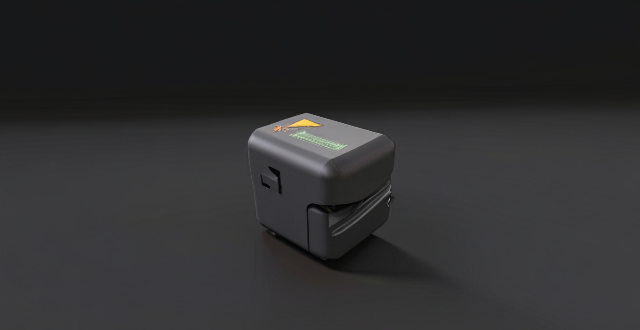Zinc-carbon batteries, commonly used in devices like flashlights and radios, are not designed to be recharged due to their chemical composition and physical structure. Attempting to recharge them can lead to safety risks and efficiency issues. Alternatives like nickel-metal hydride and lithium-ion batteries offer better performance and environmental benefits.

Can Zinc-Carbon Batteries be Recharged?
Zinc-carbon batteries, also known as Leclanché cells or carbon-zinc batteries, are a type of primary battery that is commonly used in devices such as flashlights, radios, and remote controls. These batteries are not designed to be recharged, and attempting to do so can lead to several issues.
Why Zinc-Carbon Batteries Cannot be Recharged
1. Chemical Composition: The chemical composition of zinc-carbon batteries is not suitable for recharging. The electrolyte used in these batteries is a paste made of ammonium chloride, zinc chloride, and water, which does not support the reverse flow of current necessary for recharging.
2. Physical Structure: The physical structure of zinc-carbon batteries is not designed to withstand the stresses associated with recharging. Attempting to recharge these batteries can cause internal damage, resulting in leakage or even explosion.
3. Safety Risks: Recharging zinc-carbon batteries can pose safety risks due to the buildup of gases during the charging process. This can lead to increased pressure inside the battery, potentially causing it to rupture or explode.
4. Efficiency Issues: Even if it were possible to recharge zinc-carbon batteries, the efficiency would be very low compared to secondary (rechargeable) batteries like NiMH or lithium-ion batteries. This means that the amount of energy stored after recharging would be significantly less than what was originally present in the battery.
Alternatives to Zinc-Carbon Batteries
If you are looking for a more environmentally friendly and cost-effective option, consider using rechargeable batteries instead of disposable ones like zinc-carbon batteries. Here are some alternatives:
- Nickel-Metal Hydride (NiMH) Batteries: These batteries have higher capacity and longer lifespan than zinc-carbon batteries and can be recharged multiple times. They are commonly used in devices like cameras, toys, and power tools.
- Lithium-Ion Batteries: Lithium-ion batteries offer high energy density and long lifespan, making them ideal for use in smartphones, laptops, and other portable electronics. They can also be recharged multiple times and are becoming increasingly popular due to their lightweight design.
In conclusion, while zinc-carbon batteries cannot be recharged due to their chemical composition, physical structure, and safety risks, there are plenty of alternative options available that offer better performance and environmental benefits.